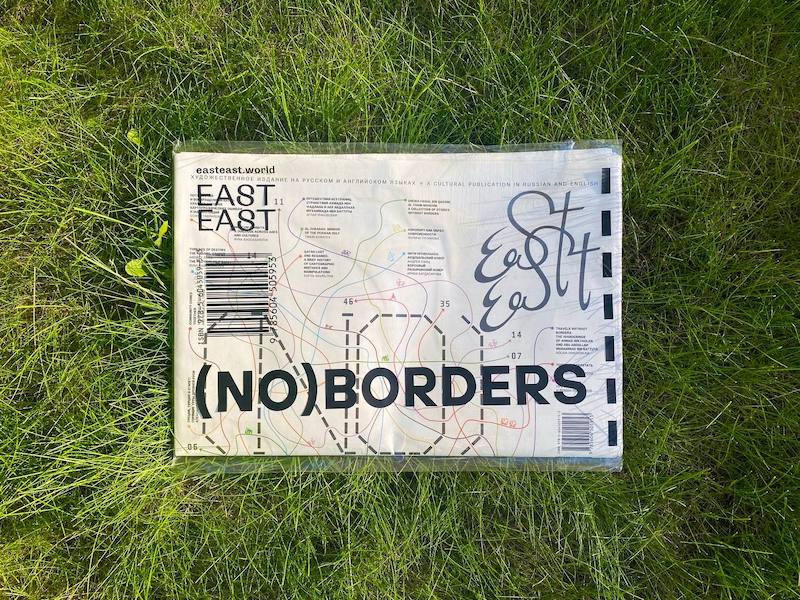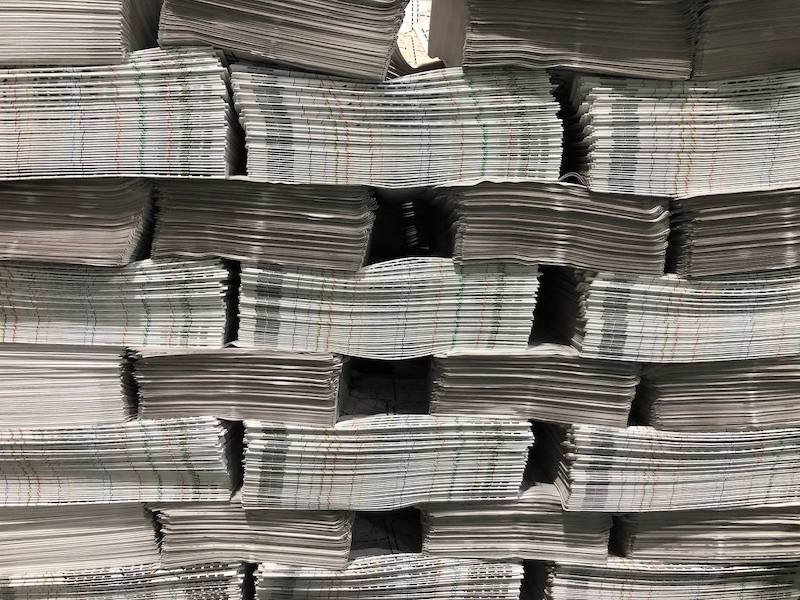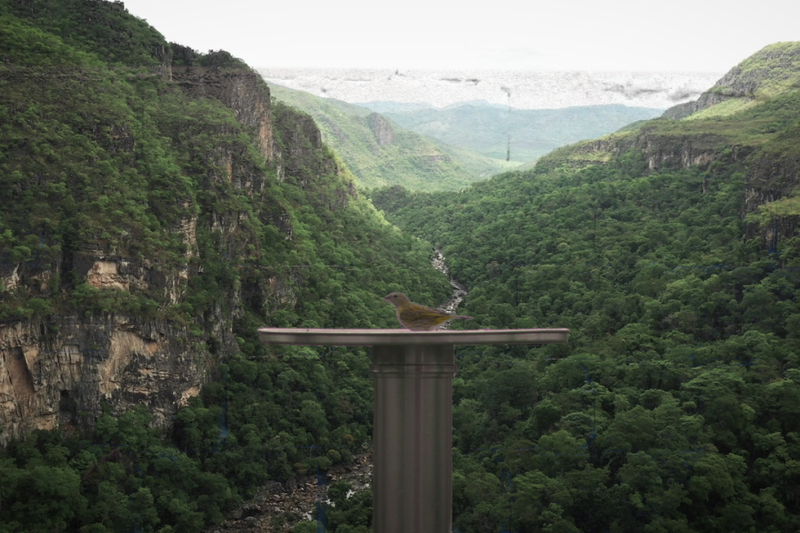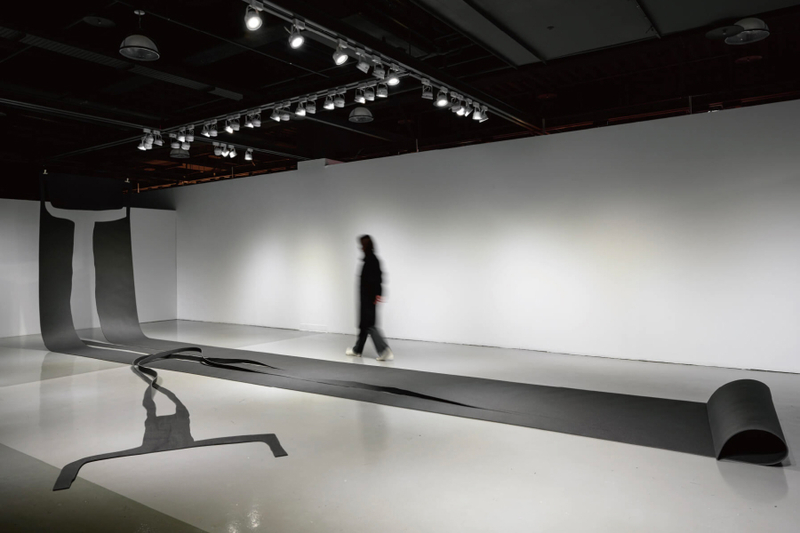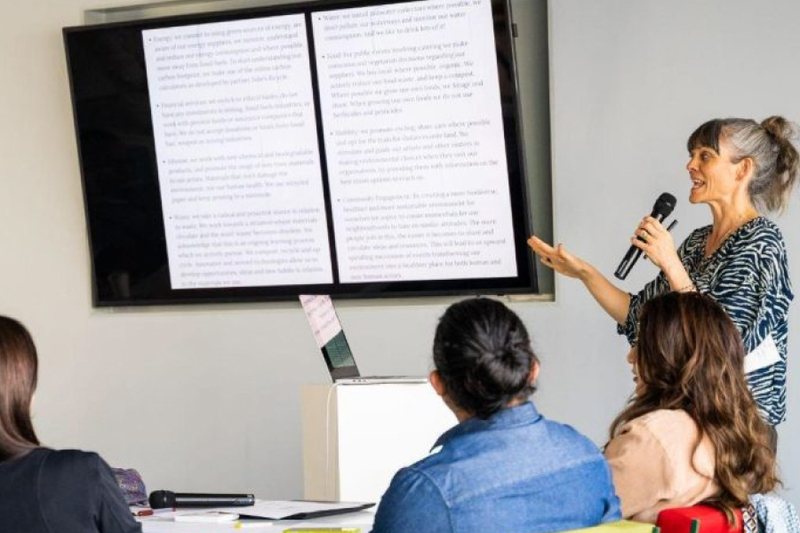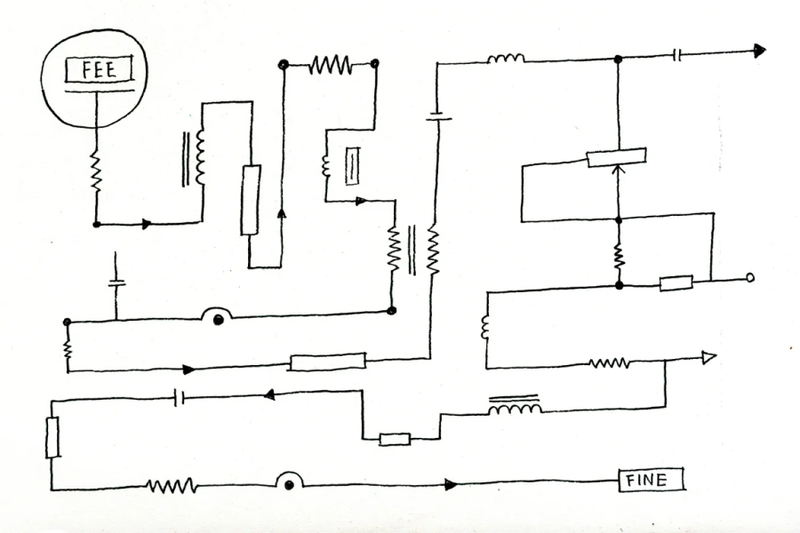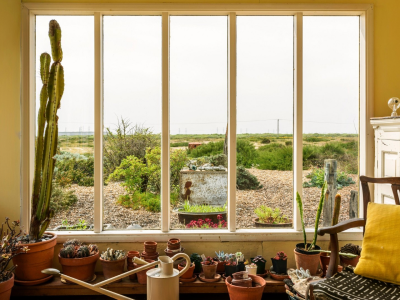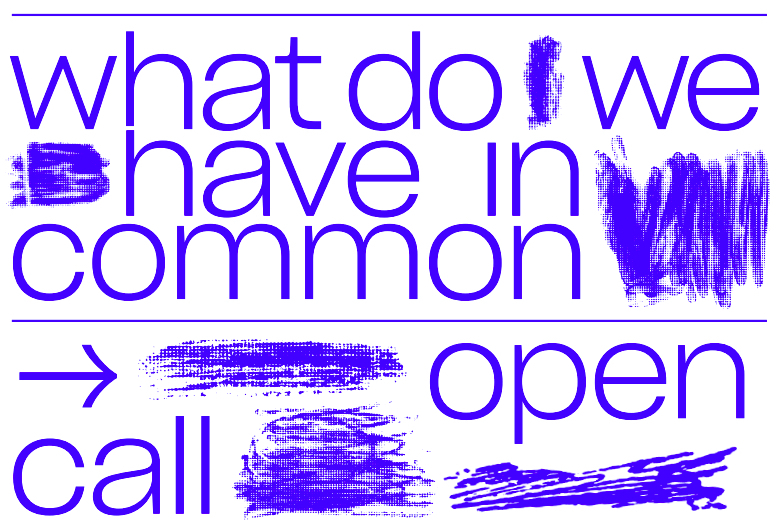EastEast Paper
The theme of (no) borders encourages the rethinking of the idea of frontiers in an era of uncertainty, growing tensions, social distancing, and state isolationism.
The EastEast Paper project team, together with the authors of the materials, addressed the prickly cartographic history of the Qatar Peninsula, staging posts like medieval fortresses or airports for the new millennium, the tangled provenance of works of art on their “path to eternity,” and the intercontinental rovings of spices, pearls, and musical instruments. The new issue contains an essay on the wanderings of Ibn Fadlan and Ibn Battuta; Polina Patimova saw Hamad International Airport in Doha as a symbol of constant change and progress; Vera Trakhtenberg spoke with Qatari artist, director, and curator of the Doha Film Institute Khalifa Al Thani about art before and after the pandemic and the self-organization of art communities in Russia and Qatar; and Bulat Khalilov, ethnographer and co-founder of the Ored Recordings label, spoke about the Circassian chanson: from ritual to subculture and back.
The Cultural Creative Agency initiated the (no) borders project in December 2020 for Qatar's National Day. A rich program of online events and events that support cultural communication in a pandemic was prepared for the celebration. It is a space for discussion, joint action and collective reflection on the past and the future. EastEast Paper is an art publication in Russian and English, which builds a dialogue between many East (geographic, mental, historical and socio-cultural) and analyzes the state of society, attracting representatives of the artistic environment, philosophers, and researchers.
The issue is available at exhibition venues, cafes, and libraries in Moscow and St. Petersburg. The e-mail of the editorial office of the printed edition is paper@easteast.world.
